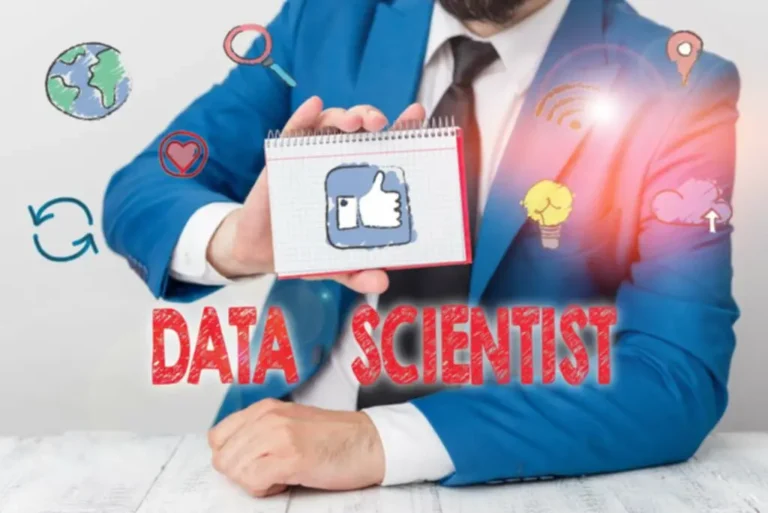As the technological panorama blockchain solutions quickly evolves, each these information administration techniques proceed to improve, promising elevated potential and broader functions in the future. Maintaining consistency across a distributed database can pose challenges. Achieving this degree of consistency requires refined synchronization protocols and mechanisms.
The Convergence Of Defi, Cefi, And Tradfi: A Vision For The Future Of Finance
It doesn’t need to go through verification in the course of the write or learn process. What makes the database an excellent alternative is how cost-effective it can be, especially if there is a must do primary bookkeeping. They work with most of the existing processes and hence work out of the field on many systems. This makes it an excellent choice for companies who want to quickly and cost-effectively want to set up their database techniques.

Which One To Choose: Blockchain Or Traditional Databases?
Striking similarities between Blockchain and databases makes folks marvel “is Blockchain only a database? ” Yes, Blockchain technology is a database that comes with a number of distinguishable traits. These traits are what lead to the debate of Blockchains versus traditional databases.
Causes To Use A Traditional Database
- This increased transparency and visibility provide quite a few benefits to companies and customers alike.
- We will also analyze what good blockchain does to these industries and how blockchain techniques are better than conventional methodologies.
- This permits users to trace an object back to its origin, providing a transparent and reliable report of its historical past.
- NoSQL databases, another well-liked selection, offer larger flexibility in information storage but nonetheless follow the centralized method.
- Whether it’s for financial transactions, healthcare data, or supply chain logistics, businesses and organizations depend on databases to store, manage, and retrieve knowledge efficiently.
Currently, the consortium of banks would discover a trusted third celebration to host the ledger. Private blockchains, therefore have a very totally different degree of security than public blockchains like Bitcoin. However, it can be because blockchain is a comparatively new technology and still needs plenty of time to evolve and match as much as the standards of well-aged technologies corresponding to databases. Databases, however, being centralized, doesn’t help any type of transparency.
Get In Contact With A Monetary Advisor

High-performance blockchain databases similar to BigchainDB and ProvenDB are using MongoDB. To sign a brand new block, a node wants to find an SHA-256 signature that matches specific standards. To accomplish that, it's going to use the nonce field to brute force possible solutions. Any new block needs to be validated with the vast majority of the validation nodes forming the blockchain. Once the block has been validated, it is added to all the nodes of the blockchain. This method of validating new blocks is known as the proof of labor (PoW) and was very prevalent in the early days of blockchain technology.

After the pre-specified situations are met, it routinely triggers the next step in the transaction or course of. Blockchain creates an audit trail that documents the provenance of an asset at every step on its journey. In industries where consumers are concerned about environmental or human rights issues surrounding a product—or an industry troubled by counterfeiting and fraud—this helps present the proof. Blockchain creates an irreversible audit trail, permitting straightforward tracing of changes on the community. We are devoted to propelling businesses forward in the digital realm. With a ardour for innovation and a deep understanding of cutting-edge applied sciences, we attempt to drive companies in the path of success.

Of course that additionally signifies that the banks are spending immense amounts of cash (which is a resource) to keep these databases safe and secure from hackers and knowledge thieves. As long because the administrators behave correctly we remain protected, but there's always an opportunity an administrator might break our belief. Because the access to the database is controlled by a single administrator it is attainable to change or delete knowledge if the administrator or their account is compromised. In most circumstances, if someone is ready to get entry to the database then they'll additionally exfiltrate the data and use it in nefarious methods. Data on a blockchain is designed to be immutable, making it extraordinarily difficult to delete.
If a database is public and open for all, then a person account is not wanted and the data may be accessed from a internet site. This, in flip, has performed an enormous function in Blockchain transforming the closed healthcare system. Clients are end-users of the service that request access to a particular set of knowledge.
Relational databases commonly rely on SQL to let users question and access data. Among probably the most widely deployed relational databases are Oracle Database, Microsoft SQL Server and the open source PostgreSQL. The alternative between the 2 is dependent upon the precise requirements of the project. As technology advances, we might even see extra cases of those two applied sciences working collectively to create innovative solutions. A failure in a centralized database system can disrupt entire operations, resulting in downtime and data loss.
Still, conventional databases stay a vital device for businesses that require quick and scalable knowledge administration solutions, especially in applications the place real-time data processing is crucial. A fully decentralized structure provides many advantages, corresponding to avoiding interference by a single authority proudly owning and controlling the blockchain. This is why this sort of architecture has been successful for cryptocurrencies.
Data buildings are defined as a storage format for efficient administration of knowledge. A traditional database is nothing however a knowledge structure, that helps in storing and working with information. Each group, from a startup to a Government entity, makes use of databases depending upon the dimensions and size of their operations. The facet that makes databases utilitarian, is they permit users to fetch the info. In technical phrases, this is known as requesting or querying information that's achieved by Structured Query Language, SQL. Traditional database vendor Oracle, for instance, started to combine blockchain into its multimodel approach with the Oracle Database 21c update that came out in January 2021.

